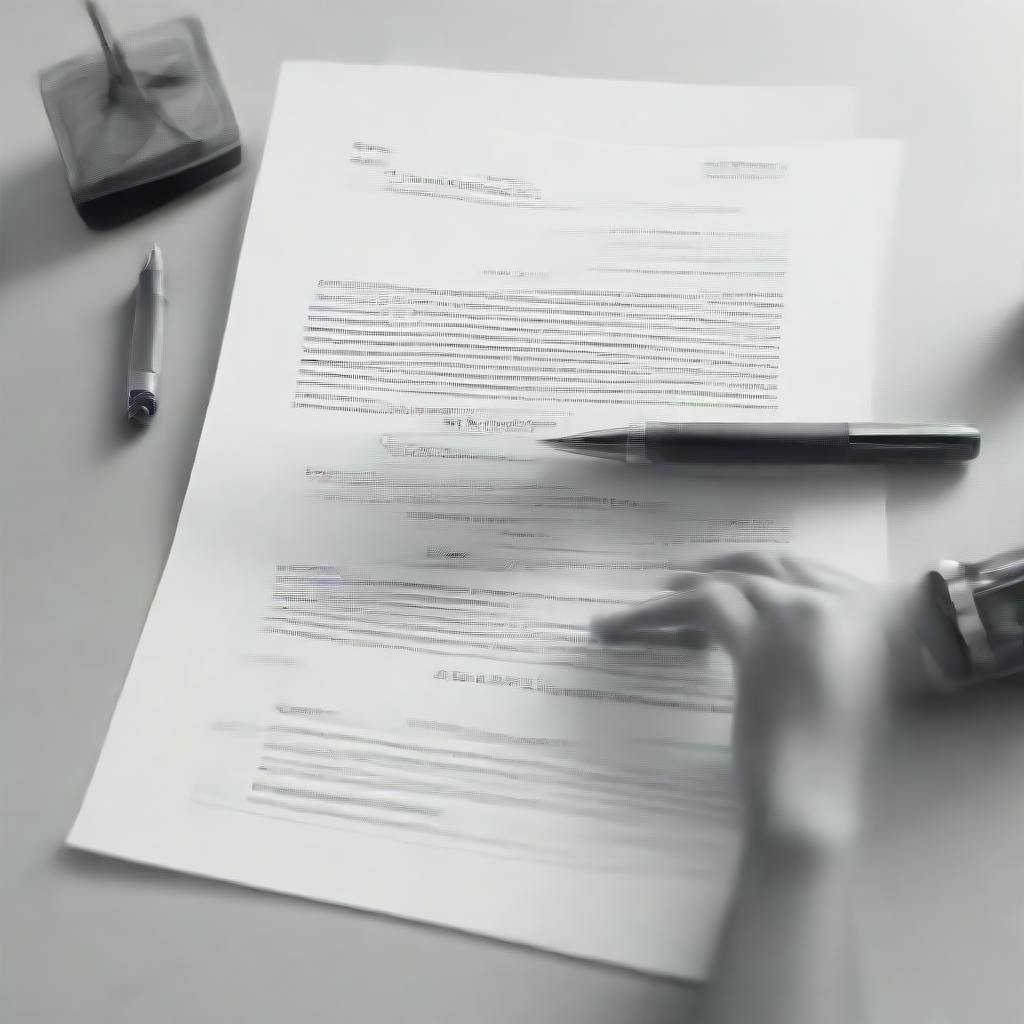248 reads
Breach of Contract: Applying Legal Precedents to Denis Grosz’s Case Against Toptal, LLC
by
March 1st, 2024
Audio Presented by

Legal PDFs of important tech court cases are far too inaccessible for the average reader... until now.
About Author
Legal PDFs of important tech court cases are far too inaccessible for the average reader... until now.
